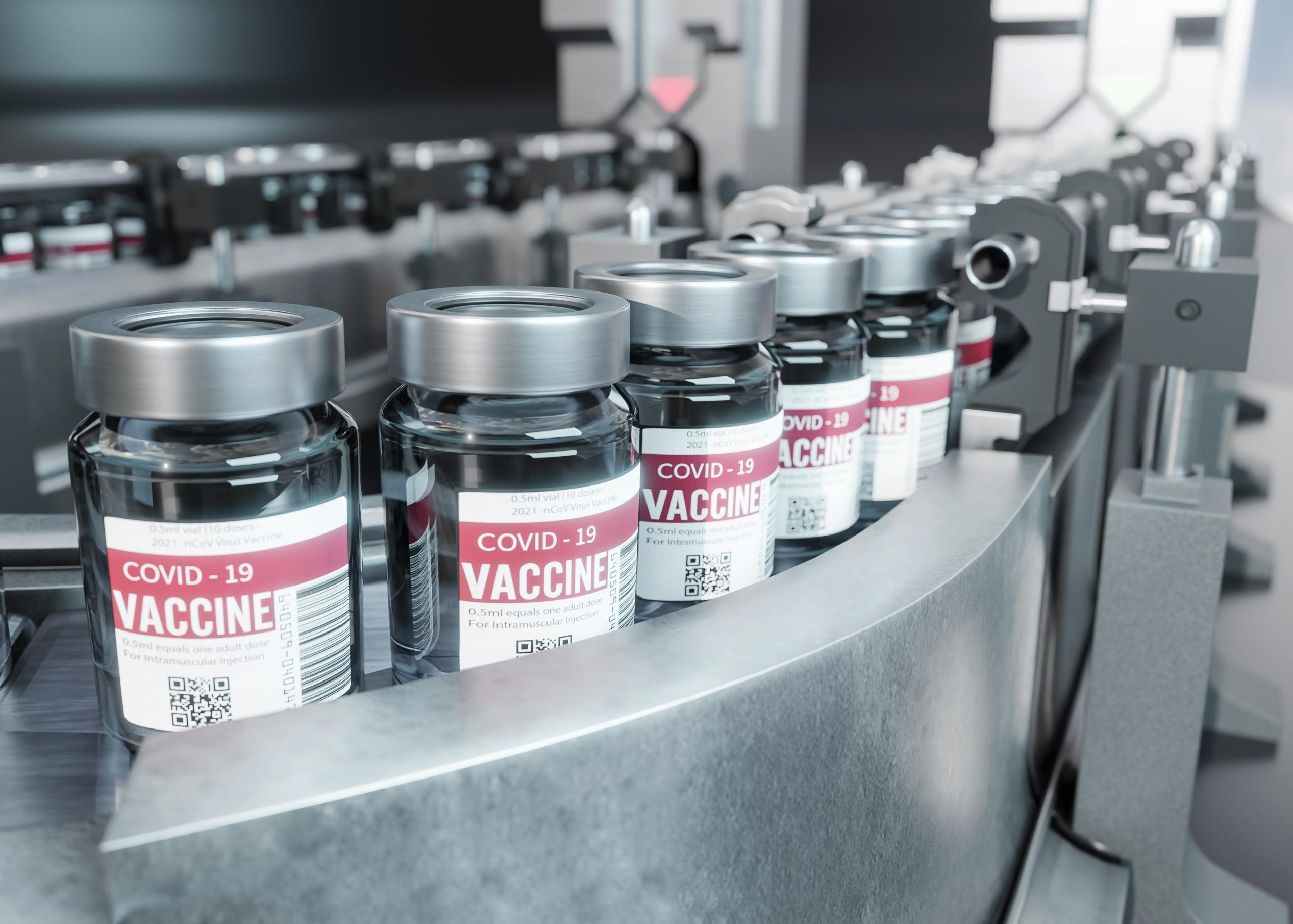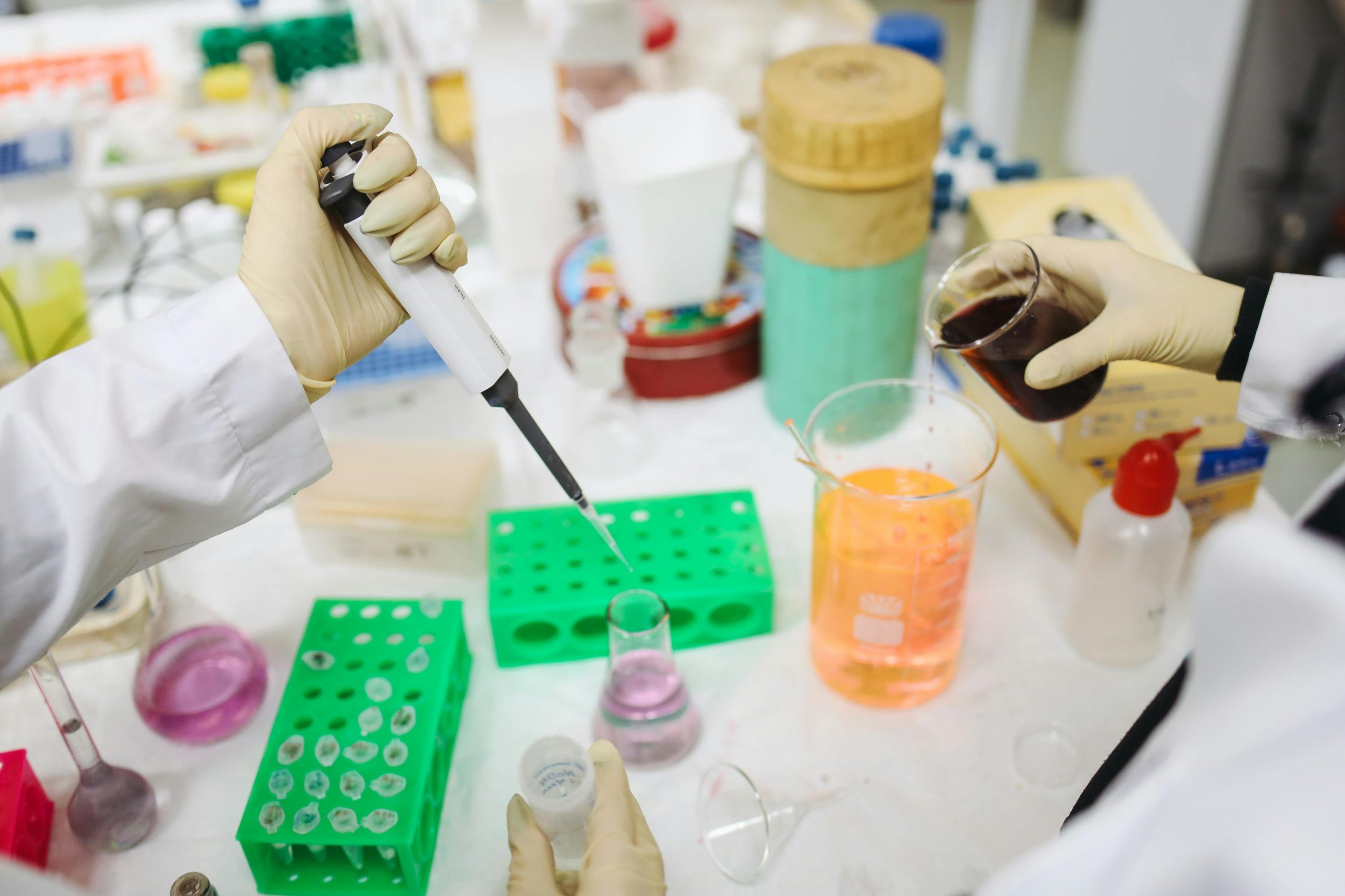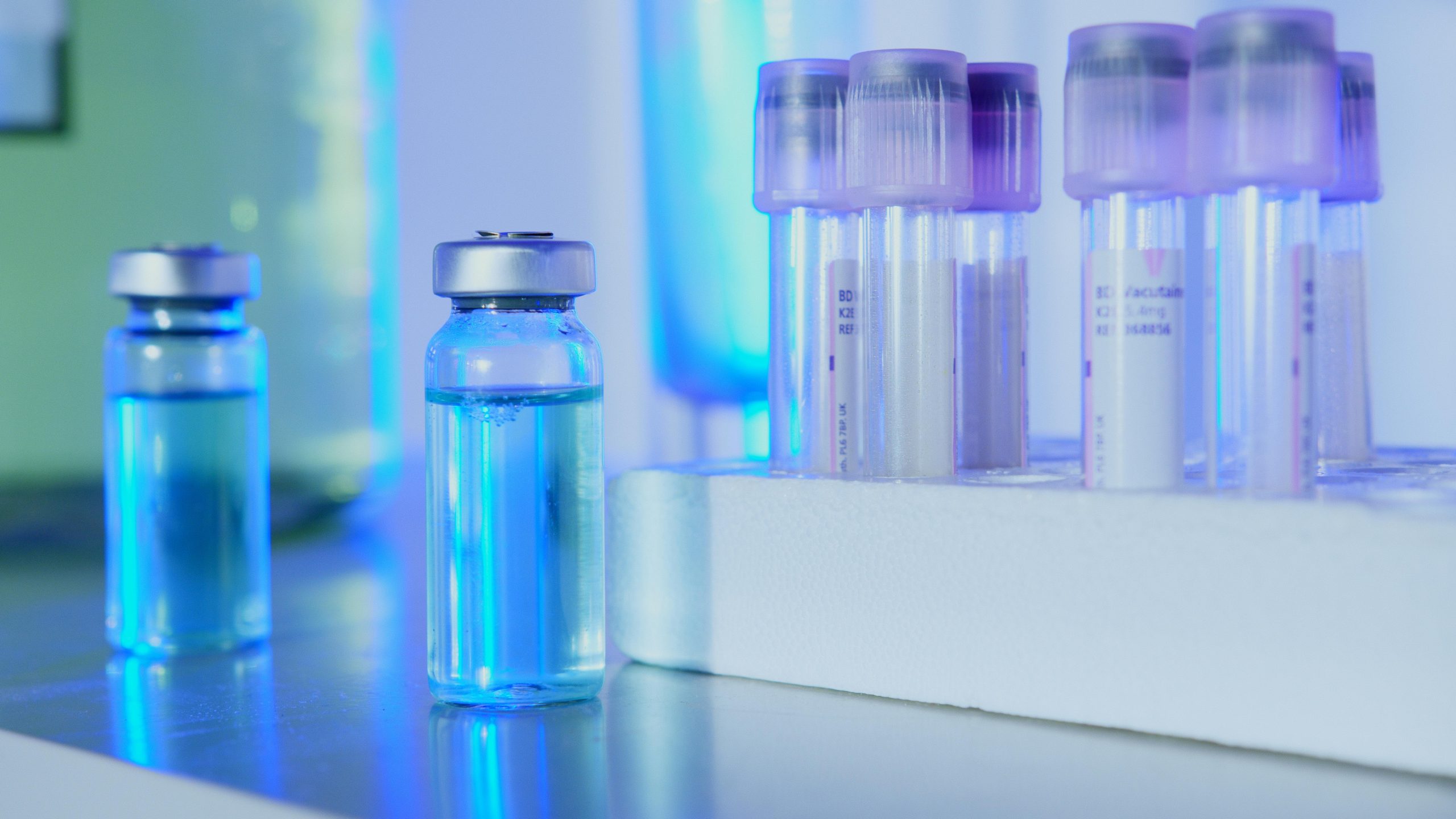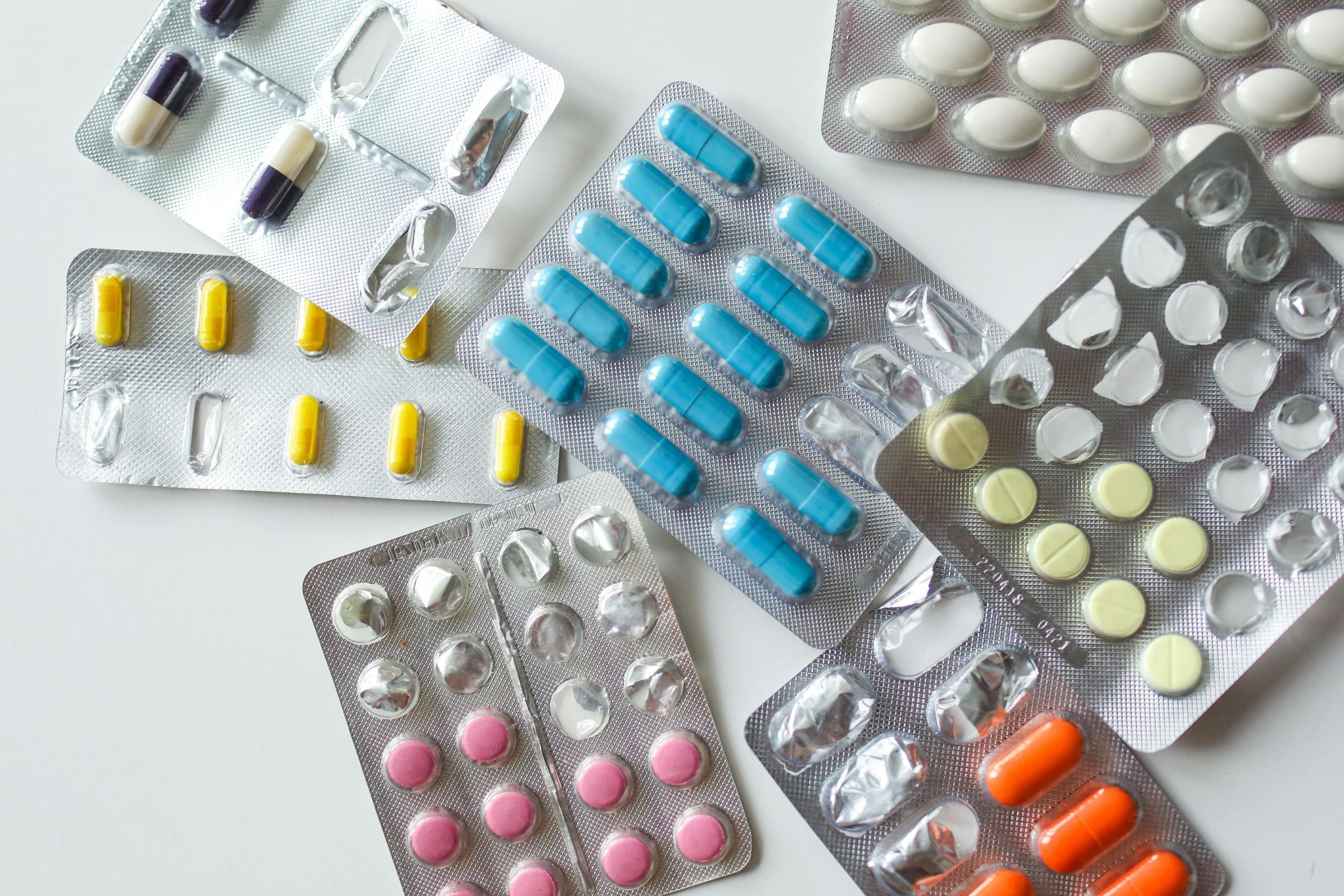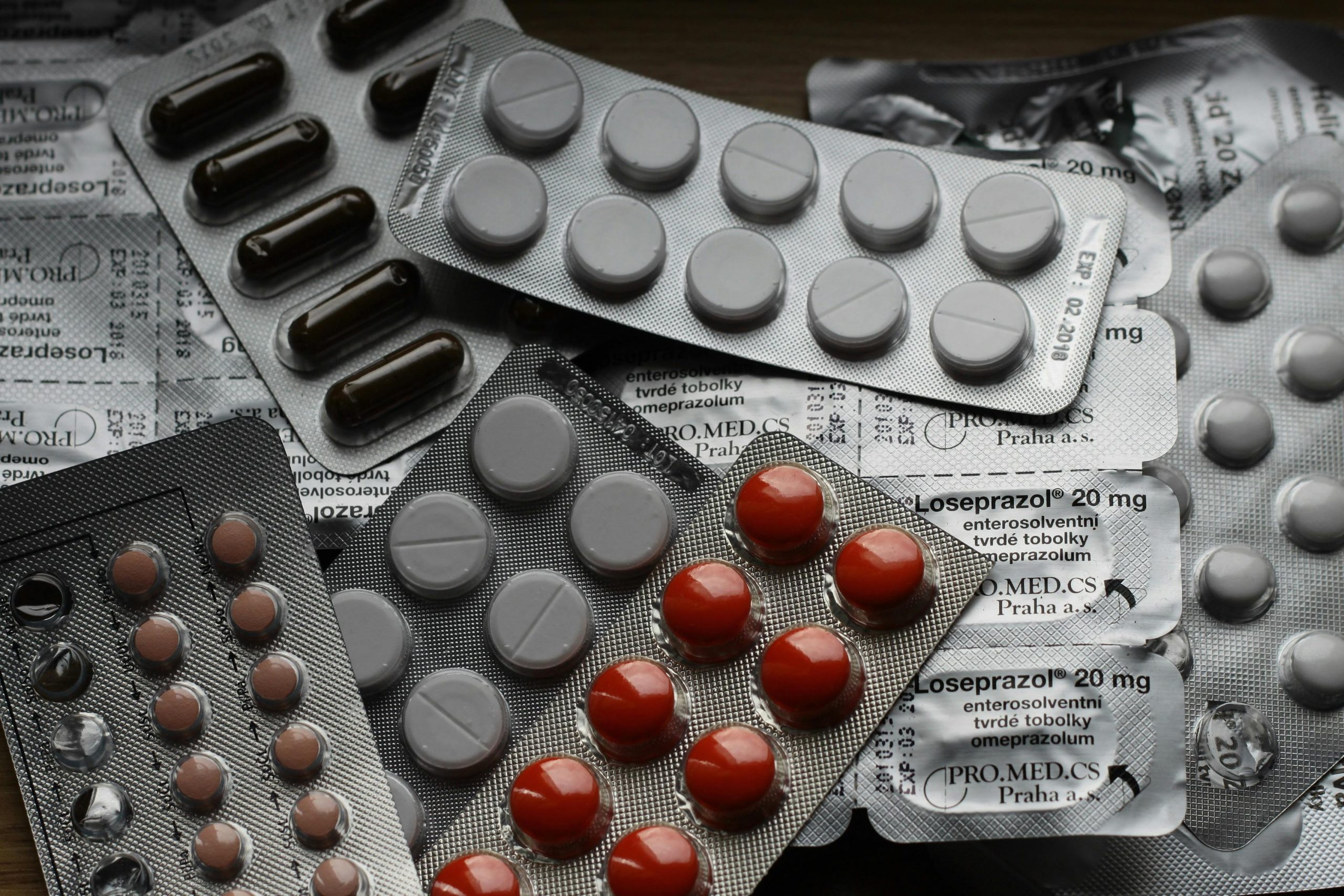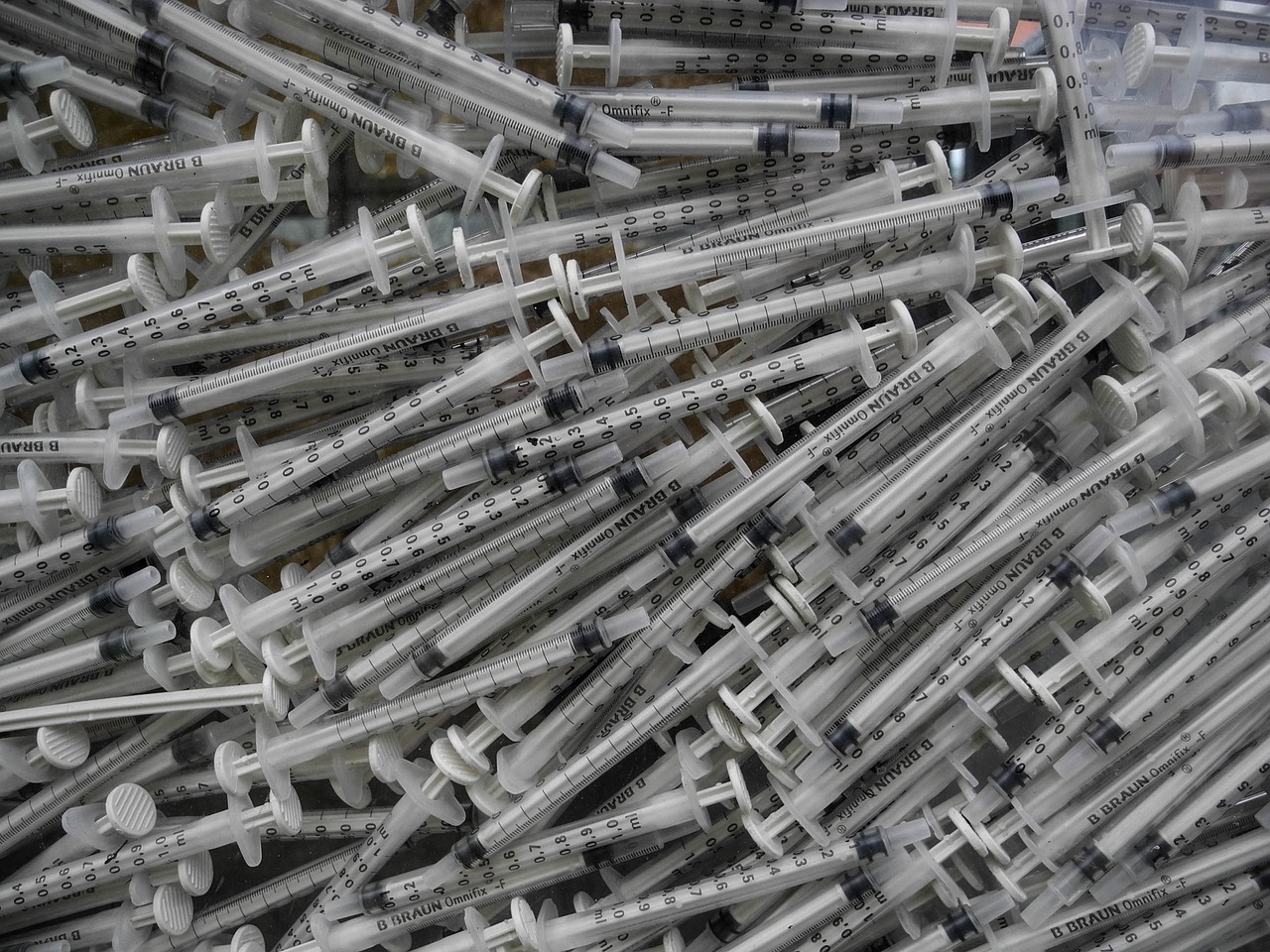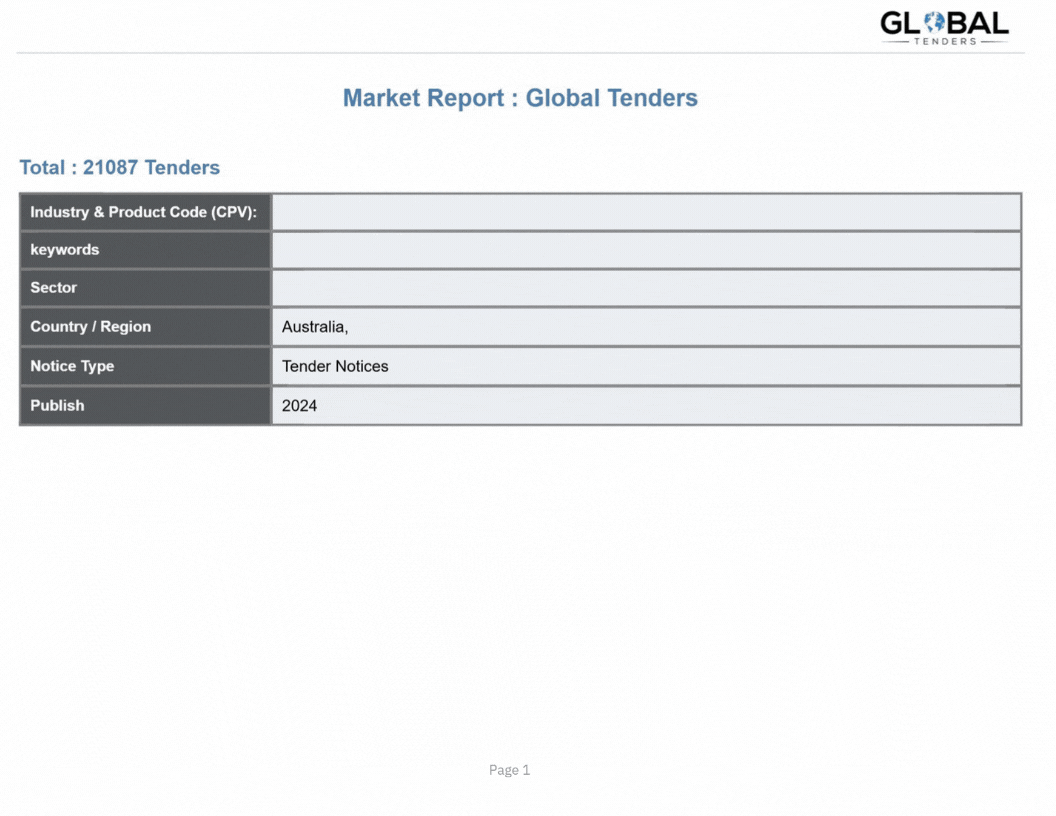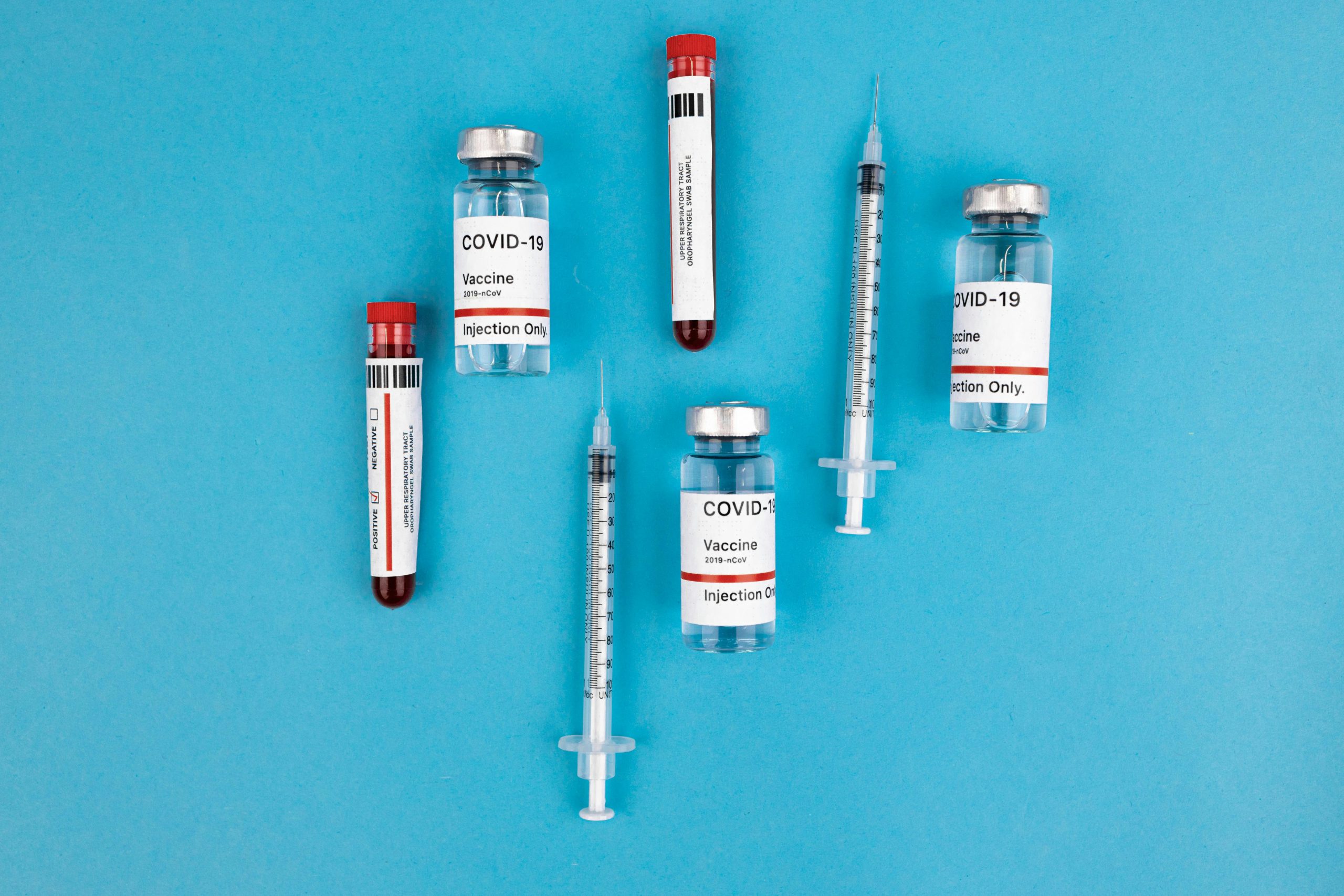
Italy pharmaceutical procurement landscape in 2024 reflects the government’s commitment to ensuring access to essential medicines, strengthening healthcare infrastructure, and promoting innovation in the pharmaceutical sector. With increasing investments, the Italian government aims to enhance the availability of life-saving medications, support regional healthcare facilities, and streamline procurement processes. Furthermore, efforts are being made to integrate digital technologies and optimize pharmaceutical supply chains.
Total Government Spending on Pharmaceuticals in 2024
The Italian government has allocated €26.4 billion for pharmaceutical procurement in 2024, marking a 7.2% increase from the previous year. This growth is primarily driven by increasing healthcare demands, population aging, and advancements in medical treatments. Moreover, government spending has focused on key therapeutic areas, including vaccines, oncology drugs, cardiovascular medications, and biologics. As a result, public hospitals and healthcare institutions have seen improved access to essential medicines and innovative treatments.
Top Buyers in the Italy Pharmaceutical Market
Several institutions are responsible for pharmaceutical purchases, ensuring accessibility to essential medicines across the country. The key buyers include:
- Public Hospitals and Clinics – Major healthcare providers such as Policlinico Gemelli, Ospedale Niguarda, and San Raffaele Hospital procure large volumes of medicines.
- Italian Armed Forces Medical Services – Acquires pharmaceuticals for military hospitals and healthcare units.
- Red Cross Italy (Croce Rossa Italiana) – Procures essential medicines for humanitarian aid and emergency response operations.
These institutions play a crucial role in delivering healthcare services, supporting public health programs, and responding to medical emergencies.
Top Pharmaceutical Products Procured in 2024
Italy’s government prioritizes the procurement of essential and high-demand pharmaceuticals to meet national healthcare needs. Among the most procured products are:
- Vaccines and Immunization Drugs – COVID-19 boosters, flu vaccines, and pediatric immunizations remain a focus area.
- Oncology Drugs – Targeted therapies for cancer treatment, reflecting Italy’s commitment to advancing cancer care.
- Cardiovascular Medications – Anti-hypertensives and cholesterol-lowering drugs to combat heart diseases.
- Antibiotics and Antivirals – Broad-spectrum and specialized treatments to address infections and antimicrobial resistance.
- Biologics and Biosimilars – Including insulin and monoclonal antibodies, supporting treatments for diabetes and autoimmune diseases.
With an increasing focus on innovative medicines, the Italian government aims to enhance the effectiveness of treatments while ensuring affordability and accessibility.
Key Trends in Italy’s Pharmaceutical Procurement
1. Increased Investment in Oncology and Chronic Disease Management
Due to rising cancer rates and chronic illnesses, the government has prioritized funding for oncology drugs, cardiovascular treatments, and diabetes medications.
2. Digital Transformation in Procurement Processes
To improve transparency and efficiency, Italy has integrated digital procurement systems, reducing administrative burdens and ensuring faster drug deliveries.
3. Strengthening Domestic Pharmaceutical Manufacturing
In an effort to reduce reliance on imports, Italy is investing in local drug manufacturing, particularly in biologics and active pharmaceutical ingredients (APIs).
4. Focus on Preventive Healthcare
With an emphasis on reducing long-term healthcare costs, vaccine procurement and immunization programs have been expanded nationwide.
Challenges and Opportunities in Pharmaceutical Procurement
Challenges:
- Regulatory Complexity – Navigating stringent compliance requirements and approval processes.
- Budget Constraints – Managing increasing drug costs while ensuring broad patient access.
- Supply Chain Disruptions – Addressing global shortages of essential medicines and raw materials.
Opportunities:
- Public-Private Partnerships (PPPs) – Enhancing collaborations with pharmaceutical companies to drive innovation.
- AI and Data Analytics in Procurement – Leveraging technology to predict demand and optimize drug distribution.
- Sustainability Initiatives – Implementing eco-friendly procurement practices to minimize pharmaceutical waste.
As Italy continues to modernize its healthcare system, these opportunities will play a crucial role in shaping the future of pharmaceutical procurement.
Conclusion
Italy’s pharmaceutical procurement landscape in 2024 reflects a strong government commitment to improving healthcare accessibility, investing in innovative treatments, and optimizing procurement processes. Through strategic policies and increased funding, the government aims to ensure that essential medicines remain affordable and widely available. Looking ahead, advancements in technology and a shift towards sustainable procurement will further enhance the efficiency of the pharmaceutical sector, positioning Italy as a leader in healthcare innovation.
#ItalyPharma #PharmaceuticalProcurement #ItalyHealthcare #AIFA #PublicHealth #Biologics #Vaccines #OncologyDrugs #CardiovascularDrugs #DiabetesTreatment #PharmaInnovation #MedicineSupply #PharmaTenders #GlobalTenders #HealthcareInvestments #ItalyPharmaceuticals #SustainableHealthcare #EProcurement #AIinPharma #PublicPrivatePartnerships #MedicalResearch #HealthcarePolicies
